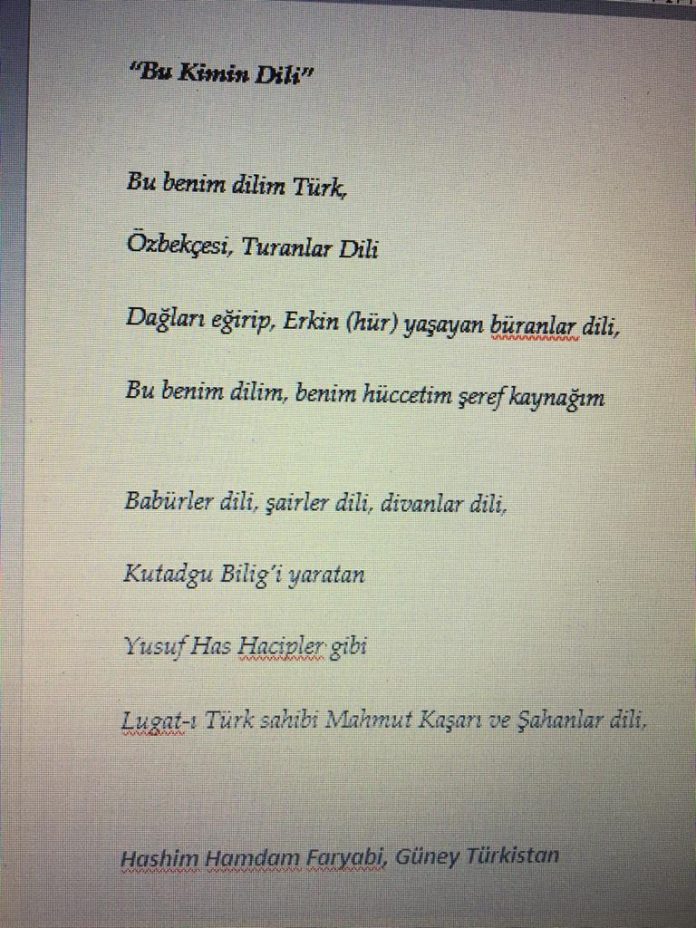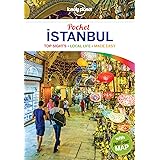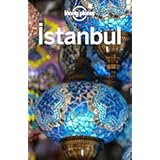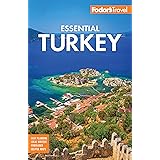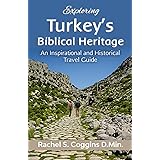Friday, October 2, 2015
The richest cultural treasure of the Turks is their language. Throughout their 3000-year-old political history, Turks have had an extremely rich knowledge of languages, states and religions.
Stone inscriptions and manuscripts are the treasures of this rich language.
Turkish language and thought became the richest language in the world by interacting with ancient foreign languages (Persian, Arabic, Chinese, Hindi) fermented in the geography of Turkestan, which was the most open region of the world in terms of contemplation, between 700-1200. Internet Thinker Nicholas Negroponte’s observations on this subject are noteworthy.
The most important point that distinguishes Turkistanis from Chinese and Arabs was that they knew more than one language. They considered it normal to live in an environment with an astonishing number of different languages and alphabets, and they managed to specialize in whatever they needed.
When the Arab armies of a new religion arrived, it was only natural that some officials and intellectuals learned the strange language of the Arabs to see what they had to offer. Then merchants began to arrive with manuscripts translated from classical Greek.
Translations, mostly by Christian Arabs, constituted works that brought new ideas to science and philosophy in Central Asia. In time, the people would specialize in these subjects and go further than their ancient Greek mentors.
Turkish thought/thought leaping from the geography of Turkestan to the geography of the Mediterranean/Five Seas (Anatolia, Rumelia, Mesopotamia, Nileboys, Africa); He could not repeat his dynamism in Turkestan in these regions and the Turks lost their interest in thought, foreign languages and foreign cultures as a result of their instinct to protect the lands they conquered.
This indifference and isolation still continues.
The Turks, who dominated the lands of 75 countries, also had a rich knowledge about the languages of these countries. But this wealth is idle; cannot be used.
Divan-ı Lügat it Türk, the first dictionary of Turkish written in the golden period in Turkestan, was written in the Arabic alphabet. After the 1928 alphabet change, we could not read this dictionary.
Mortgages placed on Turks during the collapse of the Ottoman Empire targeted the Turks’ interest in foreign cultures, and also the abandonment of the alphabet and written language, which has been used and enriched for thousands of years, impoverished the vocabulary.
Thus, our culture, which is trapped both inside and outside; It has also made our language sterile.
The Turks did not suppress the languages in their geographies, but they cared about the richness of quotations and citations.
Our goal is; It is to deepen the philosophy and philosophy, which is the real superiority of the West, by increasing the philological interest, turning to foreign countries and cultures with contemplation and thought, apart from touristic views.
It is lamentable that these superiorities are at the core of our Civilization, and although our Civilization is a Civilization of Contemplation, the sterility and limitations of languages and thoughts that we cannot shake off; has condemned us to small worlds and deprived us of the seas and rivers of our core Oğuz Kağan mission.

